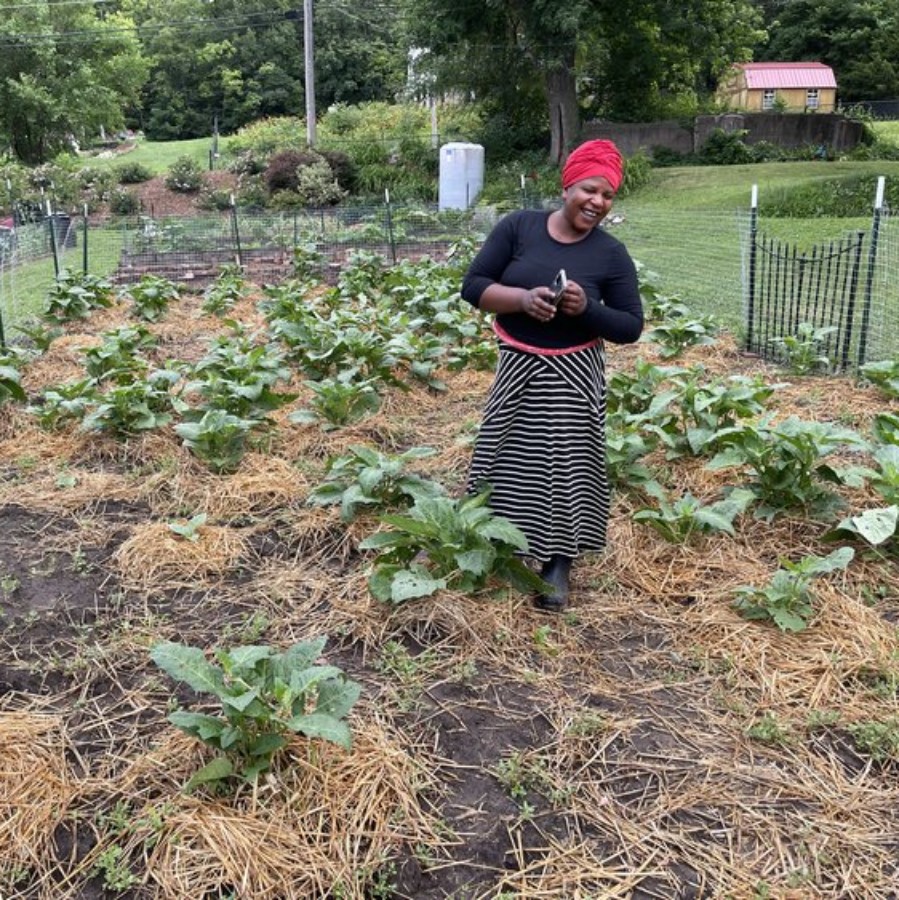The journey to the US for refugees is full of hardship and adversity. Many face persecution and corruption in their home country and are required to seek life elsewhere. Often using an array of transportation, people and families travel with few possessions in hope of a better future.
Those who are able to complete the long journey are often faced with more challenges once they arrive in the States. Language barriers, lack of work permits, transportation and housing all make the transition difficult.
Tapestry Farms, a non-profit started and run in the Quad Cities, works to provide a network of support for refugees and their families. They provide housing support, education, physical and mental health care, work, food and transportation for people making the transition to living in the US.
In 2021, Biden raised the cap on refugee admissions to 125,000, double the amount of the previous year. This change has increased the need for refugee support in the US, especially the Quad Cities. Ann McGlynn, the executive director at Tapestry Farms, acknowledges the increase’s impact. “The recent increase [of refugees] is causing stress on some systems. We are starting to see more refugees come to the Quad Cities from Eastern, Central Africa, Afghanistan and Venezuela,” she stated.
In addition to providing a network of services to help refugees adapt to a new life in the US, Tapestry Farms also facilitates and encourages the growth and consumption of culturally specific foods. They have seven growing locations across the Quad Cities where they “reclaim underutilized local land to grow fresh vegetables, fruit, herbs, and flowers in Quad Cities food deserts.” One prominent vegetable that is grown on the farms is the African Eggplant. The vegetable is not widely available in the Quad City Area but the urban growing sites provide refugees and their families with the familiar food.
These urban farms not only provide refugees with culturally specific food, but also provide work for refugees, as they hire crews to tend and harvest the farms. McGlynn recognizes the importance of their farms. “Food that is familiar and healthy makes a huge difference both physically and mentally. Growing culturally specific foods is really becoming a focus for us,” she said.
Junior Nathan Musal visited Tapestry Farms as a part of Teens for Tomorrow (T4T), a youth philanthropy group based in the Quad Cities. Musal recognizes the importance of organizations specializing in immigration support. “Visiting Tapestry Farms for T4T gave me a first hand look at the support that immigrants can require and the challenges they face. I think it is hard to comprehend just how big of a change it is,” he said.
Tapestry Farms just recently renovated a new home building. Working with many donations, a design from Humble Dwellings and a new flooring installation, they transformed the homey stone-and-brick building into a comfortable and welcoming space. The building features communal areas, many unique plants and a Karibu market. Translating to “welcome” in Swahili, Karibu market provides culturally specific foods for those from eastern and central Africa. The building also has shelves of household cleaners and personal care items for those in need.
Tapestry Farms is one of the many non-profit organizations in the Quad Cities Area working to provide resources, hope and community to those in need. The organization has a unique ability to recycle urban land and use it to uplift and support the refugee community in numerous ways. Tapestry Farms greatly appreciates any contributions to help refugees in the community. Help is appreciated in the form of volunteers, monetary gifts and items given to those in need. Volunteering sessions are available during the growing season where volunteers can help plant and tend the farms.
Donate here: https://www.tapestryfarms.org/give









